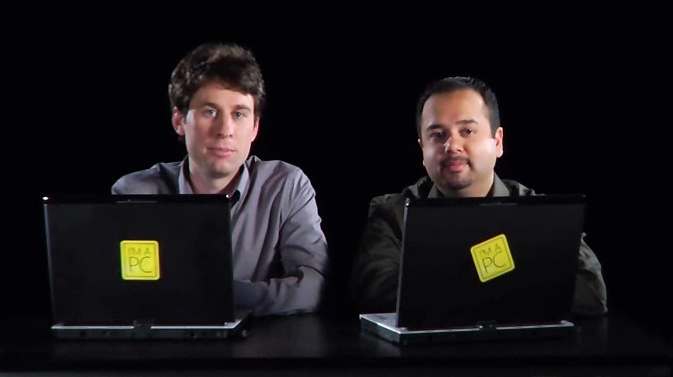Should Microsoft give Windows 7 away for free?

Everyone has recognized that Windows 7 is "Vista done right." So should Microsoft just give the OS away for free?
Today, Gizmodo is suggesting that Microsoft should either give the OS away, or offer it "dirt cheap," because the OS is quite simply the antidote to
- Poor consumer perception of Vista, especially with consideration to the Mac;
- Vista's resource hog ways with regard to the blooming Netbook industry;
- The most important reason for ZDNet readers: Business users just won't bite.Period.
On the other hand, Windows 7 has been welcomed quite warmly by critics, has been pared down in places to run on lesser hardware (Vista-ready debacle, anyone?), especially Netbooks, and business users are finally warming up to Redmond's latest.
So Gizmodo suggests the following:
For starters, Microsoft needs to get rid of all the separate license types (OEM vs. upgrade vs. full) and trim the number of boxed configurations. Give buyers three versions, Home, Business and Ultimate, all at a reasonable price. $129 would be ideal for the first two, with $149 for Ultimate.
Second, every Vista user should get it for $49, or even less.
Apple gave away OS X 10.1 for free, and Microsoft should take a lesson there...perception is reality.
This isn't the first time this has been suggested. All the way back on January 6, our own tech-broiling Jason Perlow suggested that "Windows Fixta 7" should be free.
But here's an even better idea: Microsoft should just allow Windows 7 and Internet Explorer 8 to show up as a Windows update, plain and simple. For those who don't have high-speed connections, they can call in and request a CD to be mailed. Businesses can work out client licenses but shouldn't get screwed, either.
This could be the biggest PR success of the tech industry.
"What of revenue?" all you penny pinchers ask. Well, the quick answer is that this is a short-term hit for a long-term solution: With a good product, Microsoft can reclaim the market share it lost to Apple and Co.
Let's be frank: Just how much revenue does Microsoft get from consumer purchases (as opposed to the revenue from licensing Windows through computer manufacturers such as Dell, HP, and Lenovo)? I'm willing to wager that it's not that much, relatively speaking.
If it's all about consumer perception, let's just drop the direct price for consumers to $0. Let them pay for it bundled in the profits of a new computer, but don't charge them for it without a new PC. This is the end of the age of boxed software, and God knows people replace their PCs more frequently than ever these days.
So: Buy a new computer, get Windows 7 (cost paid by manufacturer). Keep your old computer, Windows 7 is free, assuming you can run it.
With a free download, all those people who bought Macs could set up a dual-boot situation and review the OS for themselves to decide which will be their primary OS.
With a free download and robust Microsoft support, cost-cutting businesses can still stay relevant and upgrade their aging XP/2000 systems despite an economic downturn.
With a free download and a heavy marketing push publicizing the date that the download will be available (think the digital TV upgrade), Microsoft will get more press than if they are seen as trying to push and monetize another major product.
They won't need to convince XP holdouts -- it will be a no-brainer upgrade.
Everyone knows Microsoft still relies heavily on Windows and Office for its bottom line. If it wants to reinvent its business and get away from that -- and toward the cloud, or the mobile phone, for example -- it should use this launch to surprise everyone.
No one is ever surprised by Microsoft. A free Windows 7 could really change that.
